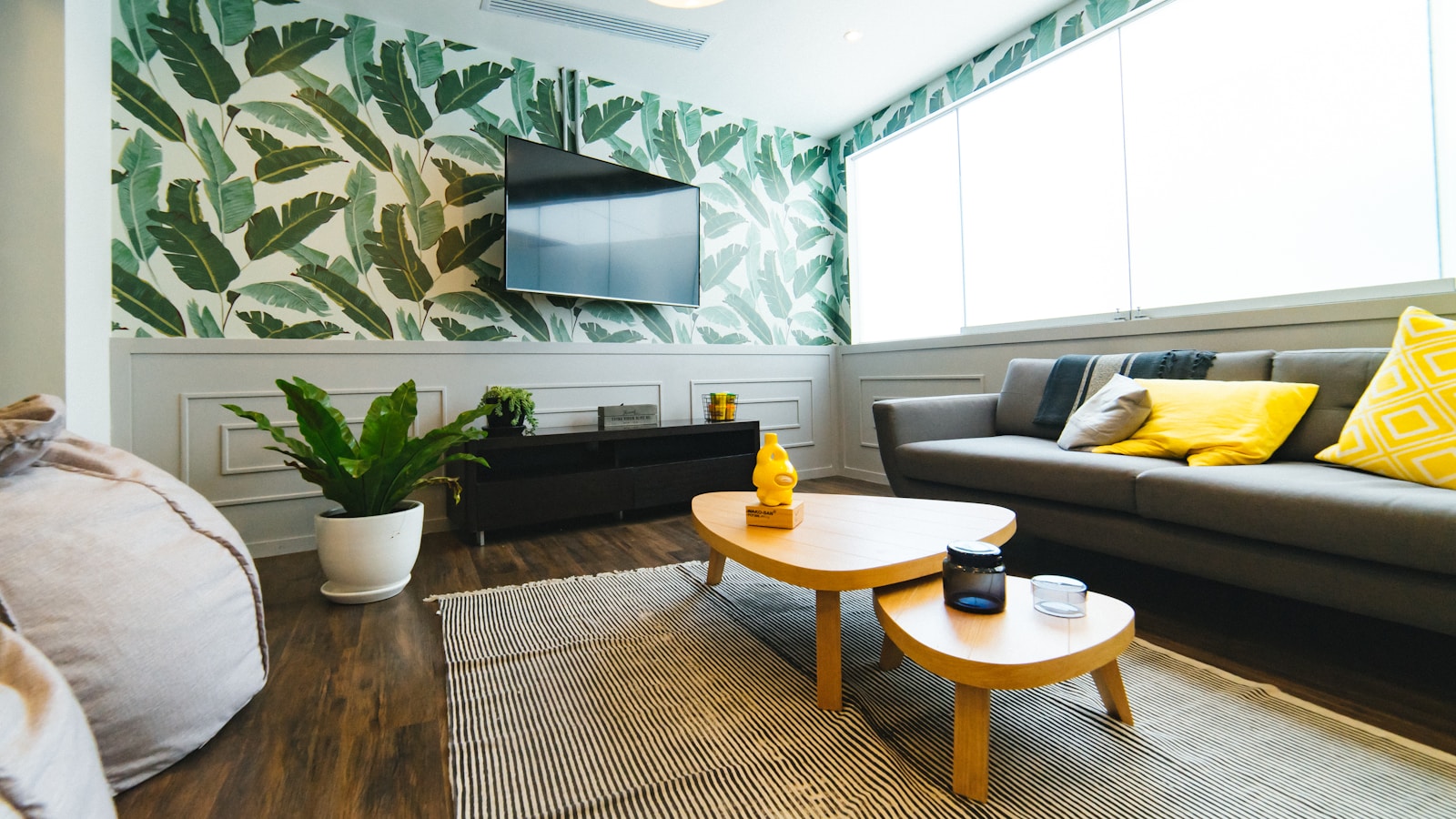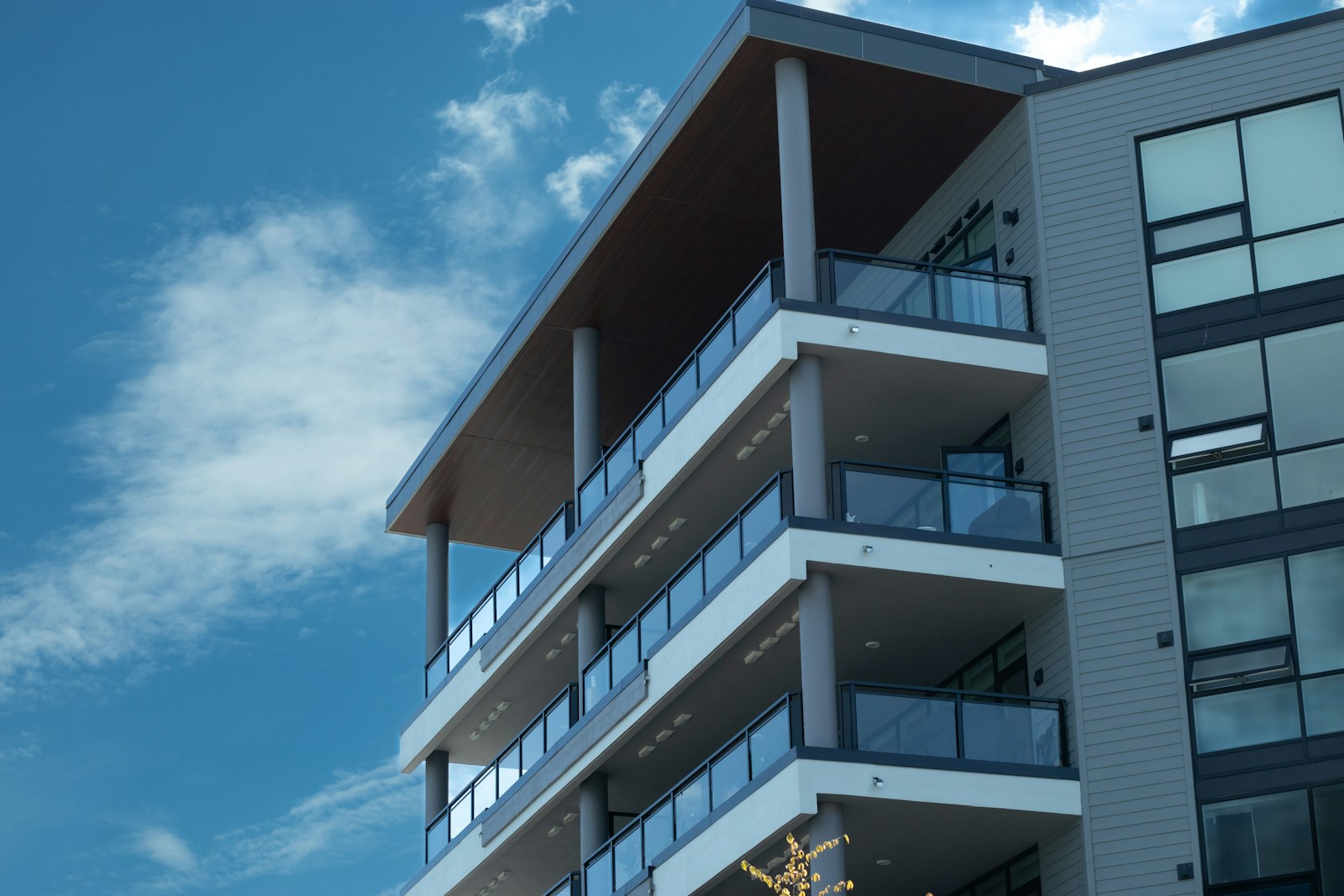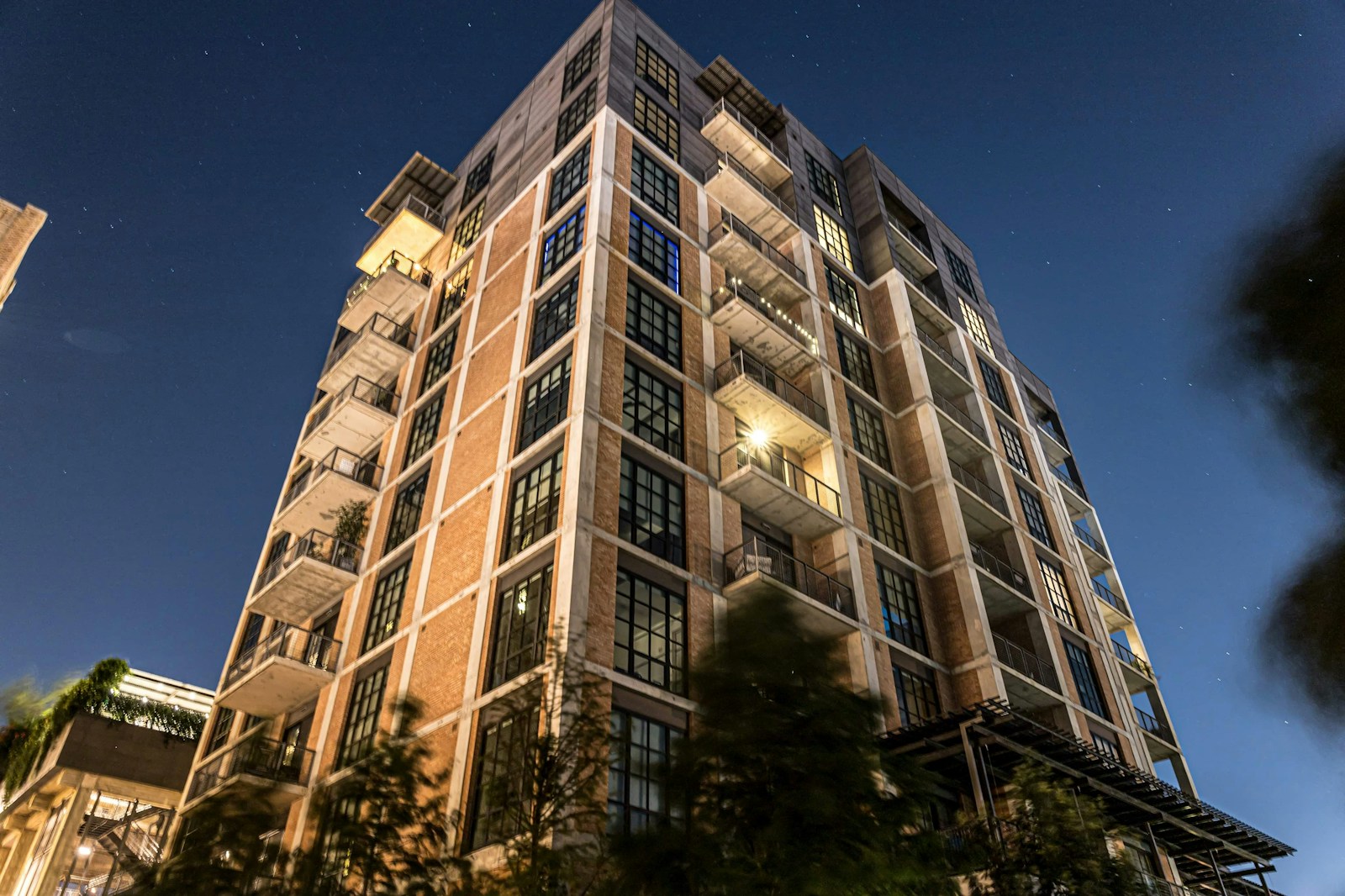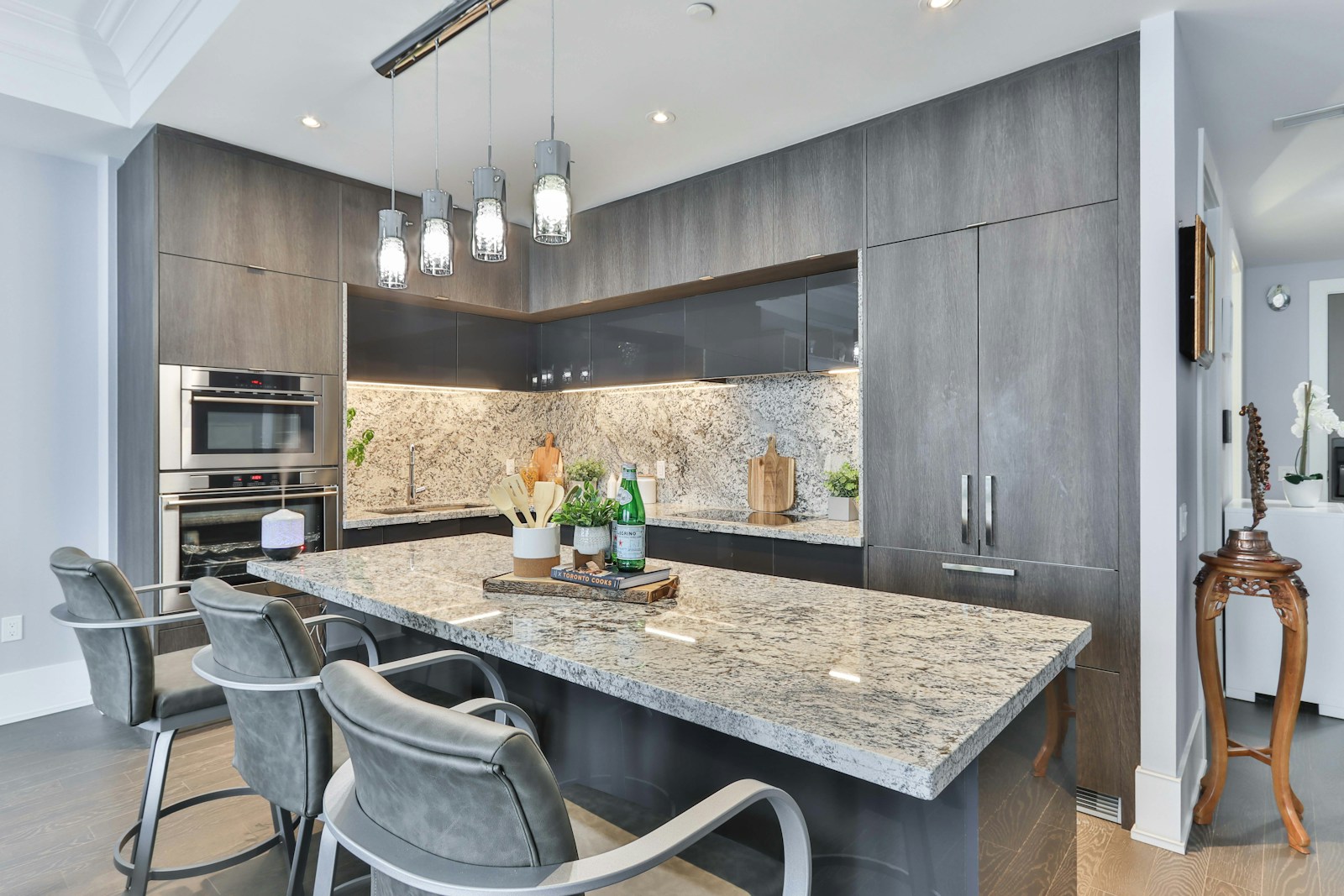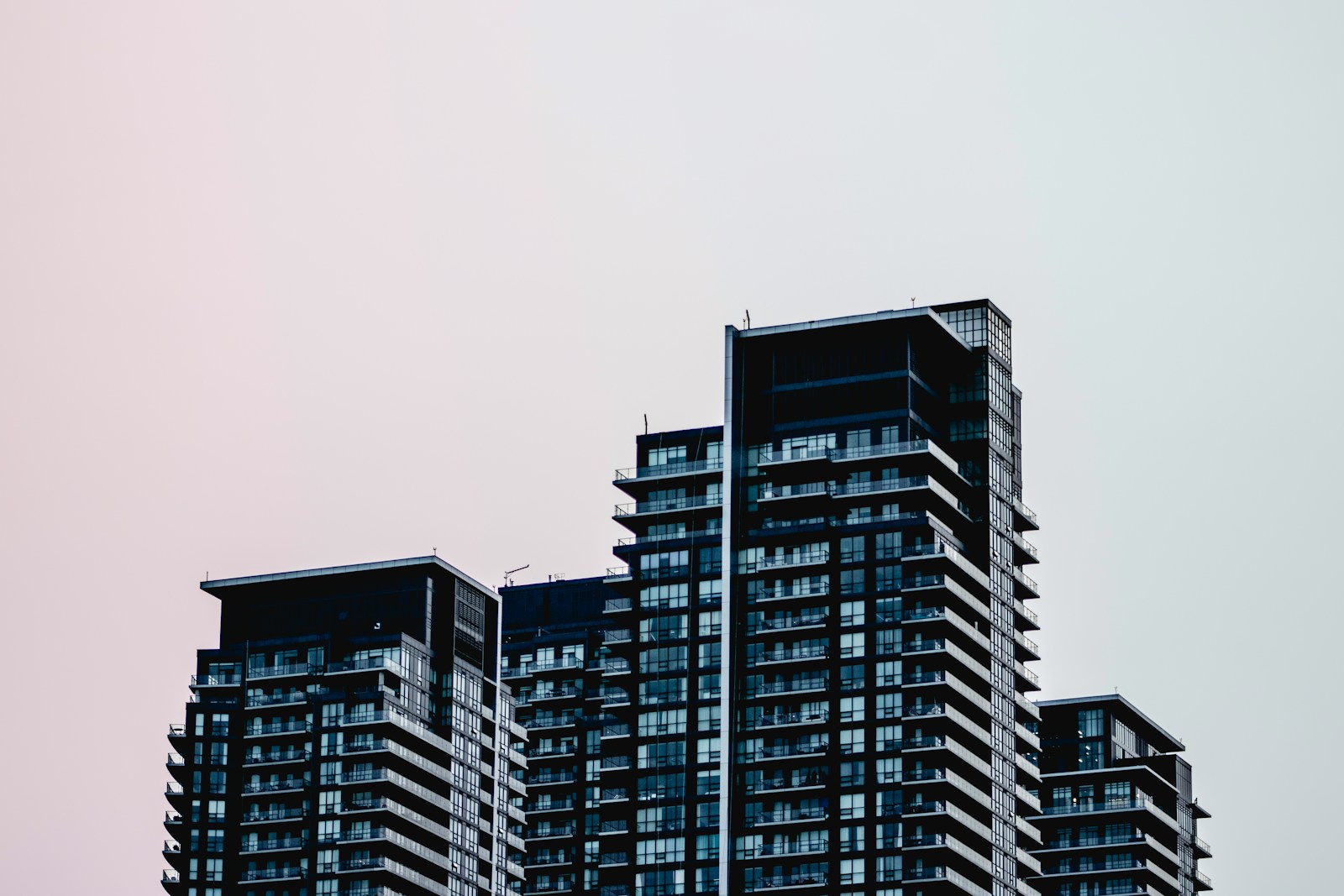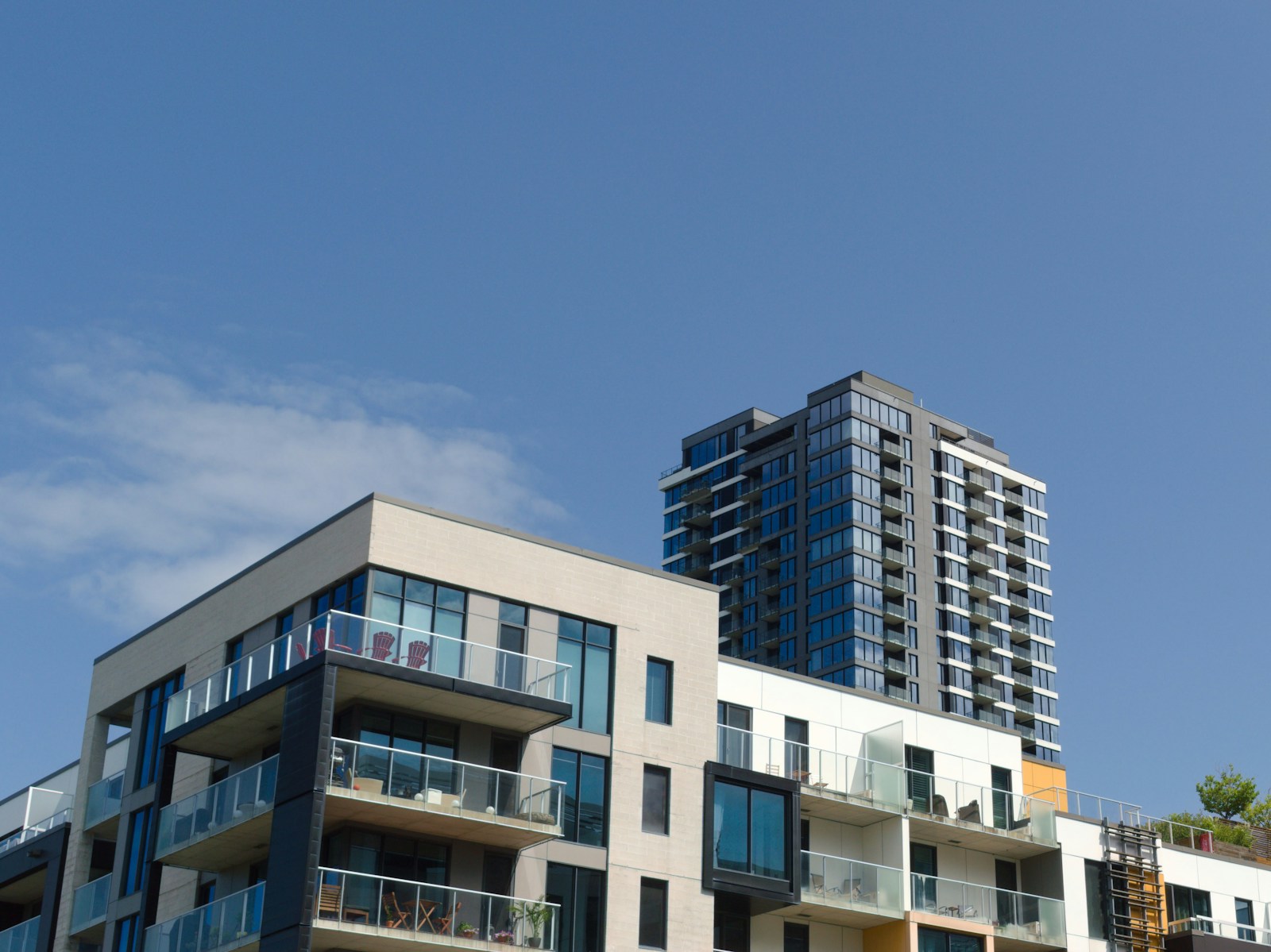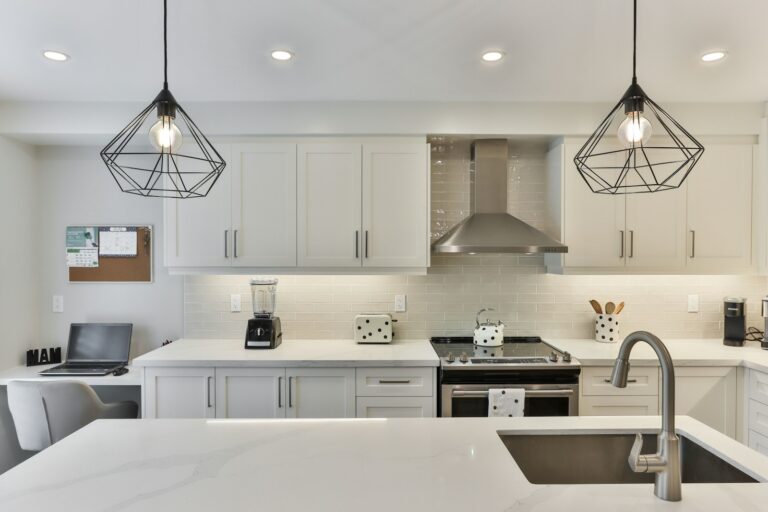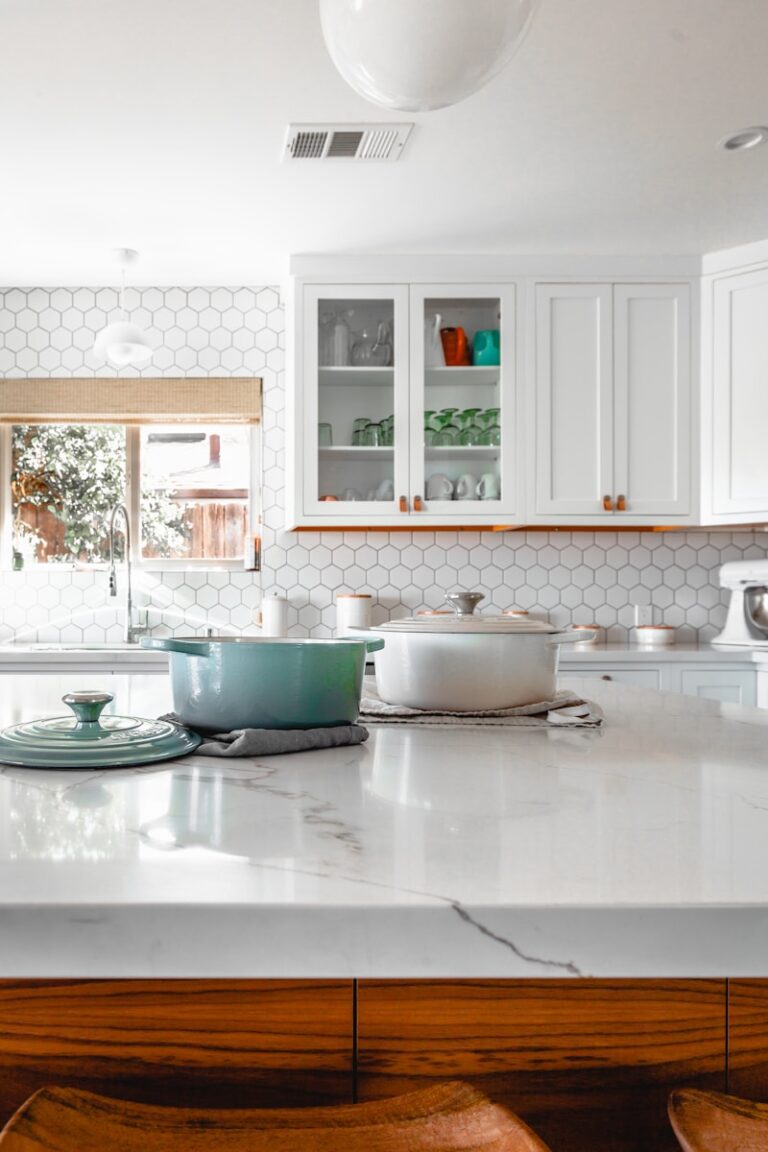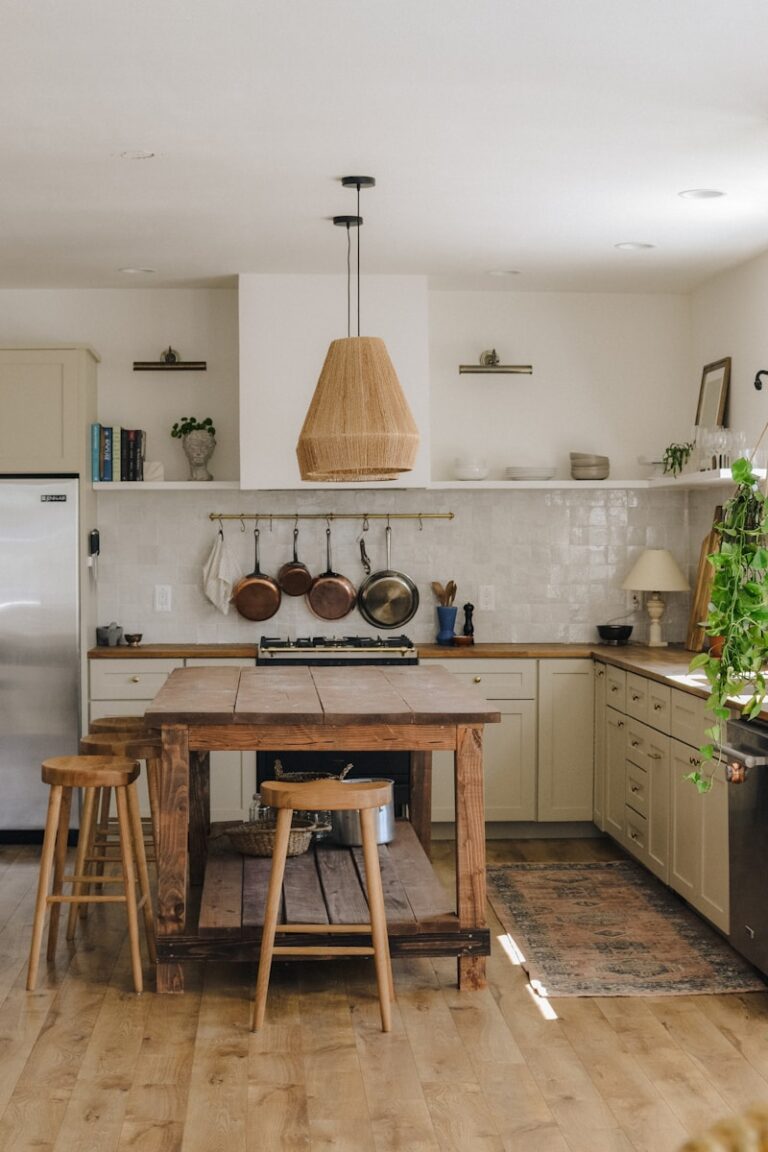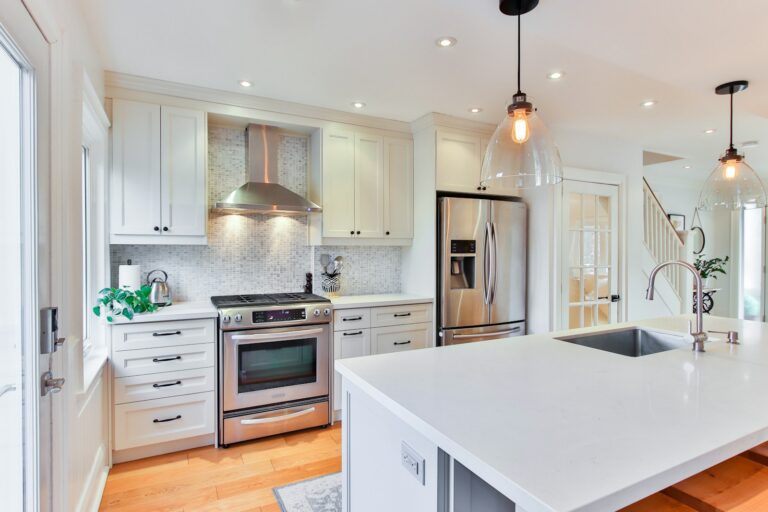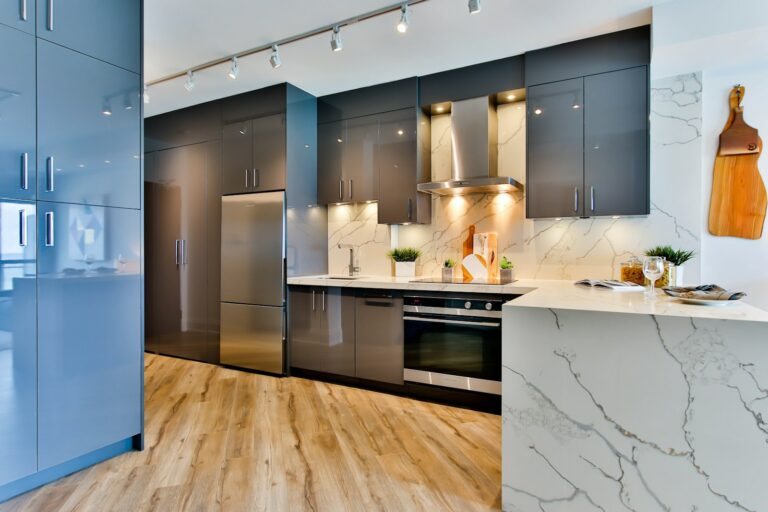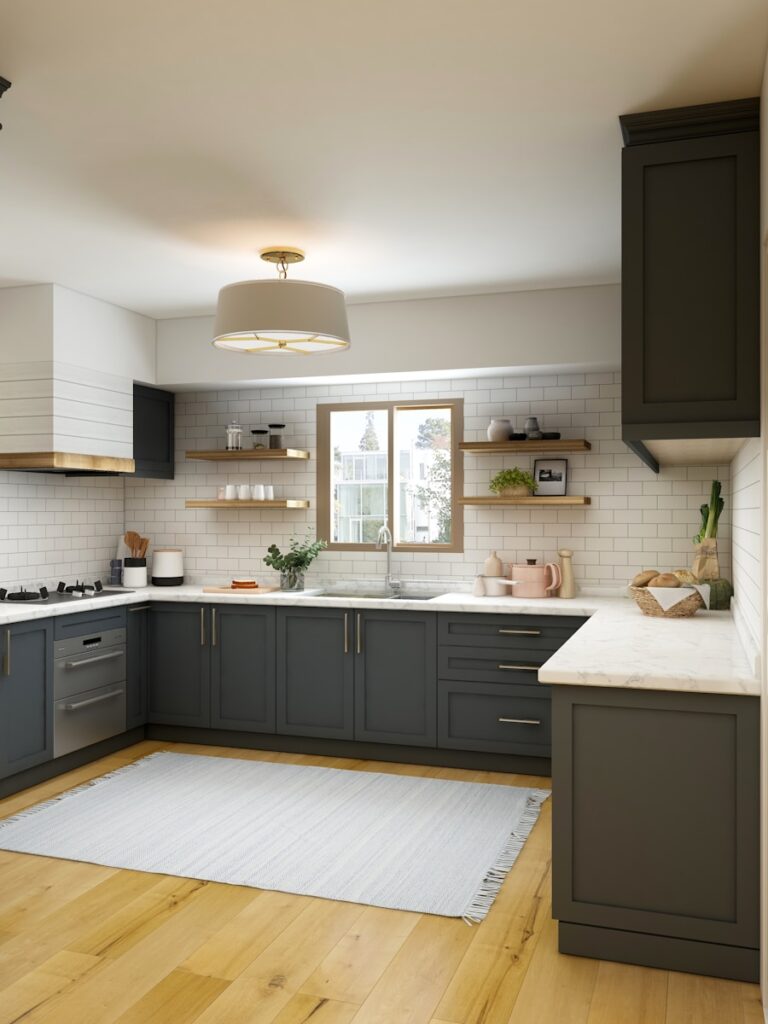This guide focuses on choosing the best condo in Singapore wisely, drawing from my personal experiences. When I was in the market, I faced various challenges but also discovered valuable insights. For instance, I learned that prioritising location and amenities can significantly affect my quality of life. I’ll share key tips and real examples from my journey to help you navigate your own search effectively.
Key Takeaways:
- Prioritise location: Choosing a condo near public transport and crucial amenities can significantly enhance daily convenience. For example, my friend found a unit in Bugis, which offered easy access to the MRT and numerous shopping options, making his commute and weekend outings much simpler.
- Assess the developer’s reputation: Opt for projects by reputable developers to ensure quality and timely delivery. A colleague purchased a condo from a well-known developer and was pleased with the workmanship and attention to detail, which ultimately led to a high resale value.
- Evaluate the actual costs: Look beyond the purchase price to consider maintenance fees, property taxes, and other expenses. In my experience, while a condo on Orchard Road seemed attractive with its $2.5 million price tag, the high monthly fees of $800 caused a reevaluation of the investment.
Navigating the Vibrant Geography of Singapore’s Condos
Singapore’s diverse landscape offers a plethora of choices when it comes to condos. Each district showcases a unique character, from the bustling central business district to the serene outskirts. The environment shapes the lifestyle that you will experience, influencing your daily convenience and leisure activities. Carefully considering the geography helps in pinpointing a condo that aligns well with your personal preferences and needs.
Understanding Key Districts and Their Appeal
In my journey to find the ideal condo, I discovered that different districts carry distinct vibes. For instance, living in Orchard Road placed me in the heart of retail therapy and fine dining, while choosing Bukit Timah offered a quieter, more laid-back atmosphere surrounded by nature. The selection of a district hinges on your lifestyle needs, whether you prioritise vibrancy or tranquillity.
Proximity to Amenities: Choosing Locations That Fit Your Lifestyle
Opting for a condo that is close to key amenities can greatly enhance your living experience. During my search, I realised how pivotal proximity to supermarkets, schools, and public transport hubs was. Locations such as Tiong Bahru provided easy access to local markets and cafés while maintaining efficient transport links, which I valued significantly.
Having lived in a condo near a major MRT station, I’ve found that convenience makes a profound difference. I no longer had to worry about being late for work or managing lengthy commutes. The presence of shopping malls, eateries, and recreational areas within walking distance not only simplified errands but also enriched my social life. This ease of access often outweighs more luxurious accommodations situated farther away from vital services.
Best Condo In Singapore: Budgeting and Pricing Considerations
In my search for the perfect condo in Singapore, budgeting emerged as a crucial factor. I started by determining my financial limits, accounting for not just the purchase price but also additional costs like stamp duties, legal fees, and maintenance charges. I found it helpful to establish a clear budget before exploring property listings, ensuring I remained aligned with my financial goals.
Evaluating Your Financial Capacity for Home Ownership
Understanding your financial capacity is central to home ownership. I meticulously assessed my income and expenses, factoring in potential loan amounts based on current interest rates. Using a mortgage calculator offered insight into monthly repayments, profoundly impacting my budget and helping to filter appropriate condo options.
Deciphering Market Trends: Timing Your Purchase
Grasping market trends can yield significant savings on your condo purchase. I observed fluctuations in property prices over the years, particularly noting how governmental policies affect demand. Timing my purchase during a buyer’s market allowed me to negotiate better prices. Gathering data from property reports was instrumental in making informed decisions based on current market dynamics.
Understanding the nuances of market trends goes beyond just timing the economy. For instance, I found that particular neighbourhoods in Singapore fluctuate dramatically in terms of prices due to upcoming developments or changes in infrastructure. Researching these upcoming projects, such as new MRT lines or commercial hubs, enabled me to pinpoint areas that were on the rise, allowing my investment to appreciate substantially over time. Insight into local market dynamics and trends can certainly influence your decision on the right moment to buy, often leading to significant financial advantages.
Unpacking Developer Credibility and Project Quality
Choosing a condo in Singapore involves understanding the developer behind it. I’ve learned that reputable developers often show consistency in their projects, reflected in timely completions and overall quality. Due diligence on a developer can reveal their reputation within the industry, helping you avoid potential pitfalls. I often check their past projects, seeking reviews and feedback from previous buyers to gauge satisfaction levels, which significantly influenced my decisions in the past.
Researching Track Records: What to Look For in a Developer
Evaluating a developer’s track record requires examining completed projects for quality and satisfaction. I focus on awards won, customer testimonials, and their history of timely completions. For instance, I was impressed by a developer who had consistently received positive feedback on their innovative designs and high-quality finishes, making my decision easier when considering their new projects.
The Importance of Site Visits: Spotting Quality Building Standards
Visiting the site of a development can unveil aspects that images and brochures cannot. During my searches, I often walked through show flats and under construction sites to assess quality firsthand. Such visits also allowed me to inspect the materials used and the level of attention to detail in construction. Engaging with the site staff provided valuable insights about the project’s progress and the developer’s commitment to quality.
A site visit can be eye-opening; for example, on one occasion, the visible differences in construction quality between two different projects became evident. While one developer’s site showcased impeccable craftsmanship, the other reflected corners being cut in finishes. Observing such details not only affirmed my choice but also equipped me with questions to ask the developer directly, enhancing my negotiation power later.
Lifestyle Fit: Assessing Your Needs Beyond the Walls
Thinking about how a condo aligns with your lifestyle goes beyond just the square footage. I took the time to evaluate my daily routines, interests, and social needs. For instance, I love cycling and wanted a community that values outdoor activities, so I opted for a condo near parks and cycling paths. This choice has significantly enriched my living experience.
Access to Public Transport and Key Facilities
Public transport access is vital. I settled on a condo just a five-minute walk from an MRT station, which makes commuting to work a breeze. Nearby amenities like grocery stores and eateries further simplify daily living, allowing me to enjoy convenience without being reliant on a car.
Evaluating Community and Neighbourhood Vibes
The community vibe can greatly impact your living experience. I visited several condos at various times to get a sense of the atmosphere. Some neighbourhoods felt lively and inclusive, while others appeared quieter and more reserved. Engaging with existing residents also offered insights — they often shared their enthusiasm for community events and local gatherings.
Exploring community vibes included participating in local events and chatting with neighbours. At one condo, I found they had regular communal BBQs and weekend markets that really fostered a sense of belonging. In contrast, at another location, I noticed a lack of interaction among residents, which made the place feel more isolating. It’s these interpersonal connections that often transform a house into a home.
How To Choose The Best Condo In Singapore Wisely
Navigating legalities in property transactions can feel daunting. Understanding the legal framework surrounding condominiums in Singapore, including the obligations and rights of buyers, is essential. Engage a competent lawyer to help decipher the complexities of the Sale and Purchase Agreement (SPA) and other legal documents. Failing to comprehend these details could lead to costly mistakes. Always check for outstanding charges on the unit and ensure all regulatory approvals are in place before making a commitment.
Understanding Leasehold vs Freehold: Making the Right Choice
Deciding between leasehold and freehold properties shapes your long-term investment strategy. I’ve found that freehold condos, while often pricier, offer perpetual ownership and can provide better resale value. In contrast, leasehold properties, typically 99 years, appeal to buyers on a budget. For example, I acquired a leasehold unit at $2.5 million, which allowed me to enter a prime location without the larger price tag of freehold options.
Essential Documentation and Regulatory Considerations
Every property purchase requires meticulous attention to documentation and compliance with local regulations. I’ve dealt with various forms, including the Option to Purchase (OTP) and the completion of the Land Titles Act requirements. Missing a single document can delay transactions and expose you to further costs. Ensuring all papers are ready and compliant with the Urban Redevelopment Authority (URA) regulations is non-negotiable for a smooth purchase process.
Preparation of necessary documentation includes securing a Letter of Eligibility for foreigners and understanding the Additional Buyer’s Stamp Duty (ABSD), which can significantly impact your overall costs. I once encountered a delay in finalising my purchase due to an oversight in submitting the required approvals for a mixed-use property. Staying organised ensured I could approach the closing phase without any last-minute surprises, thereby completing a valuable investment effectively.
To wrap up
From above, my journey in selecting the right condo in Singapore shows the importance of thorough research and personal priorities. Each visit brought insights into what I valued most, whether it was proximity to amenities or the condo’s community vibe. By prioritising what truly matters to you, you can make an informed decision that aligns with your lifestyle and aspirations.
How To Choose The Best Condo In Singapore Wisely
Q: What are the key factors to consider when choosing a condo in Singapore?
A: When choosing a condo in Singapore, consider the location, proximity to public transport, and amenities. For instance, I prioritised a condo near an MRT station, which made commuting convenient. The area should also have essential services, such as supermarkets and schools. Furthermore, assess the facilities available within the condo, such as a gym, pool, and security, as these greatly enhance living quality.
Q: How important is the reputation of the developer when selecting a condo?
A: The reputation of the developer plays a significant role in making your decision. When purchasing my condo, I researched the developer’s previous projects and their track record for quality and timely completion. A reputable developer, such as CapitaLand, often indicates better construction standards and higher property value retention.
Q: What is the impact of market trends on choosing a condo?
A: Understanding market trends is crucial. For example, I bought my condo during a buyer’s market, where prices were lower and choices were plentiful. I monitored property news and attended events to gauge demand in specific areas, which helped maximise my investment. Keeping an eye on upcoming developments can also indicate potential appreciation in value.
